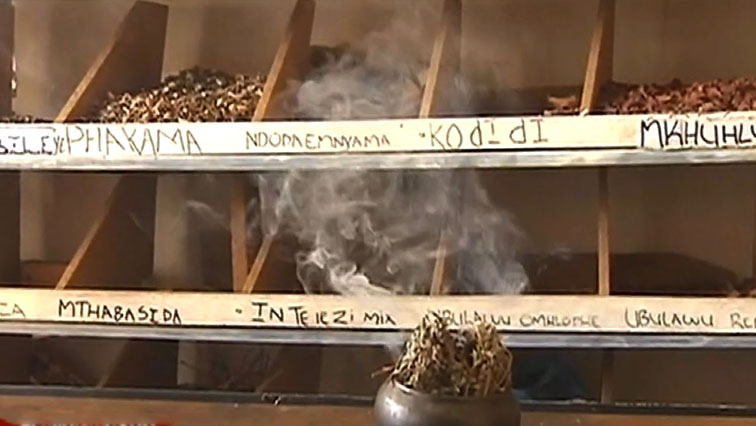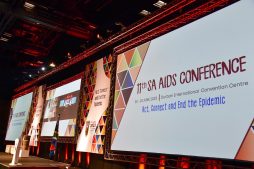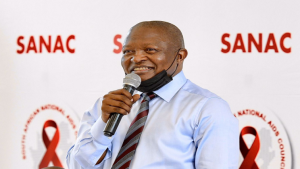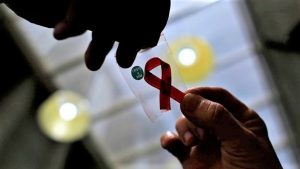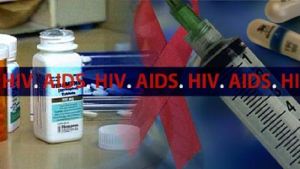There is an urgent need to regulate and formalise the traditional medicine sector in South Africa. This should clear the tension that currently exists between the use of traditional medicine versus bio-medical interventions. This came out of a webinar to commemorate African Traditional Medicines Day with traditional health practitioners, policymakers and development partners organised by the South African National AIDS Council.
It is estimated that 80% of South Africans consult traditional health and alternative health practitioners. However, those in the sector believe it’s not getting the recognition it deserves.
Traditional Health Practitioner Sector Leader, Mkhulu Solly Nduku, says, “There is an unspoken relationship characterised by mistrust, tension and conflicts between the two families, the family of traditional medicine and the family of bio-medicals and also with no exception in one way or the other the alternatives and allied medicines family, they are also caught up in the middle.”
The South African National AIDS Council (Sanac) says it is important to develop a variety of treatment options to respond to people’s medical needs.
Acting Sanac CEO Coceka Nogoduka says these should include both traditional and western medicines.
“The conversation around traditional medicine and alternative healthcare practitioners, there is always an issue around the not-available evidence on the work that is being done. So, today, we also want to start a conversation on how we can be able to develop a research agenda and be able to ensure that is well-aligned in terms of policy frameworks, research of efficacy, safety.”
The World Health Organisation (WHO) says it is encouraged by how countries are embracing traditional and complementary medicine, however government still needs to lead campaigns to endorse it.
Doctor Rajesh Narwal from the WHO says globally over 90% of member states use traditional medicine.
“Globally, more than 90% of member states are using traditional and complementary medicine. This is an encouraging sign. They are using it but ‘how well’ it is integrated is a different question. Within the African region, more than 80% of the countries are using traditional and complementary medicine. Member states with laws, regulations for traditional and complementary medicine, the huge percentage of the countries have national offices and regulations of traditional and complementary medicine.”
The National Health Department says it wants to clean up the African traditional medicine sector in South Africa first.
Director for Traditional Medicine in the Department of Health, Bruce Mbedzi, says, “In SA now, we have a lot of charlatans; a lot of fly by nights; a lot of people, especially in the urban areas in our towns and cities who call themselves traditional health practitioners. A lot of things they are doing. It’s not related to the work of traditional health practice. So, we need to regulate the practitioners themselves. They need to be identified by some form of regulation.”
Narwal says traditional complementary medicine is the cornerstone of universal health coverage because traditional health practitioners are much closer to communities. He says India, China and Turkey are global leaders in embracing and using traditional complementary medicine.


